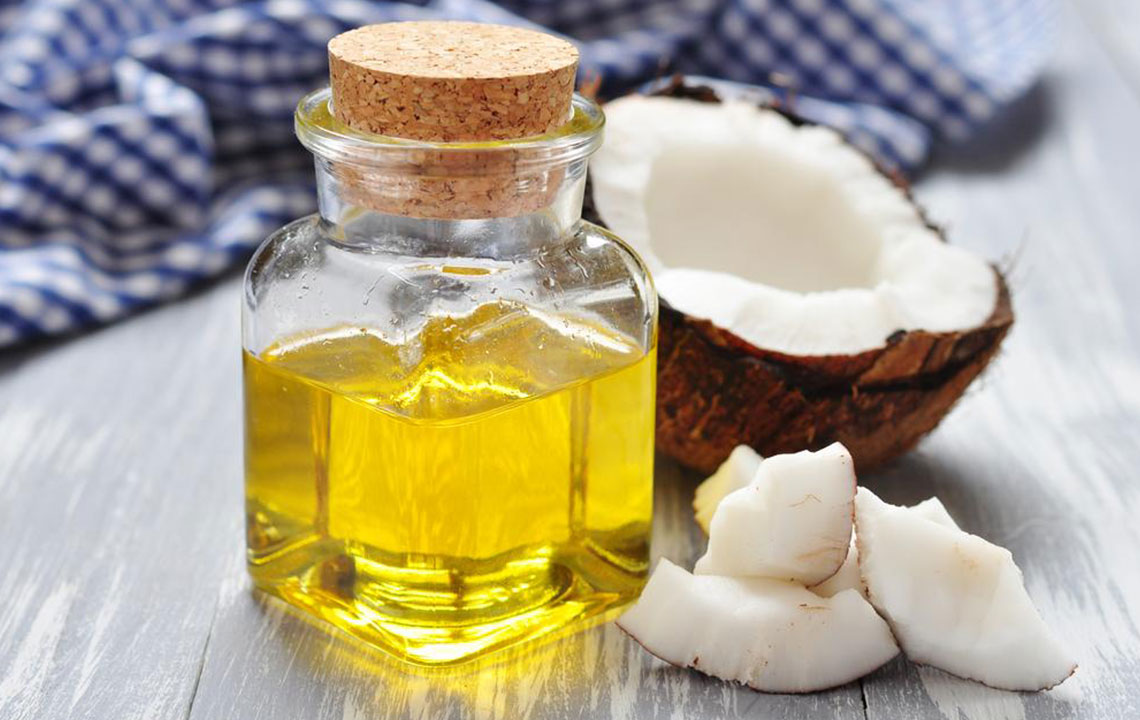Comprehensive Home Remedies and Lifestyle Tips for Managing Acid Reflux Effectively
Discover effective home remedies and lifestyle strategies to manage acid reflux naturally. Learn about trigger foods, soothing diet options, and practical tips like sleep adjustments and weight management. Prevent the discomfort of heartburn with these proven solutions to improve digestive health and enhance your overall well-being. Suitable for those seeking gentle, non-prescription remedies, this comprehensive guide empowers you to take control of acid reflux flare-ups at home safely and effectively.

Comprehensive Home Remedies and Lifestyle Tips for Managing Acid Reflux Effectively
Anyone who regularly experiences a burning sensation in the chest after meals knows how uncomfortable and disruptive acid reflux can be. Commonly referred to as heartburn, this condition can range from mild discomfort to severe pain that interferes with daily activities. Acid reflux occurs when stomach acids back up into the esophagus, leading to a burning sensation, sour taste, and sometimes difficulty swallowing. Understanding how to effectively manage and prevent acid reflux is crucial for maintaining comfort and overall digestive health.
Understanding the Triggers of Acid Reflux
Acid reflux is primarily caused by the improper functioning of the lower esophageal sphincter (LES), a ring of muscle that acts as a valve between the stomach and esophagus. When this valve relaxes or weakens inappropriately, stomach contents, including acid, can flow back into the esophagus. Several factors can contribute to this dysfunction, including dietary choices, lifestyle habits, and underlying health conditions.
Diet plays a significant role in reflux episodes. Consuming foods and beverages that are high in acidity or that relax the LES can trigger symptoms. Common culprits include caffeine, chocolates, sodas, citrus fruits like oranges and lemons, tomatoes, spicy foods, and greasy or fatty meals. Medications such as aspirin, ibuprofen, and certain muscle relaxants may also weaken the LES or increase acid production, exacerbating reflux symptoms.
Additional factors that can contribute to acid reflux include lifestyle choices such as smoking, alcohol consumption, obesity, pregnancy, and anatomical issues like hiatal hernias. Certain illnesses, including sarcoidosis and scleroderma, can also influence digestive function and increase reflux risk. Eating late at night or lying down immediately after meals can make reflux more likely by allowing the stomach contents to escape into the esophagus more easily.
How to Effectively Manage Acid Reflux at Home
While persistent acid reflux may denote gastroesophageal reflux disease (GERD), occasional episodes often can be managed through simple lifestyle modifications and natural remedies. If symptoms persist or worsen, consulting a healthcare professional is essential for accurate diagnosis and appropriate treatment.
Here are some proven home-based strategies and natural remedies to control and alleviate acid reflux symptoms quickly and effectively:
Avoid and Limit Trigger Foods: Carefully monitor your diet to identify foods and beverages that exacerbate reflux. Reduce intake of acidic, spicy, greasy, or processed foods. Instead, opt for gentle, non-irritating options that do not trigger symptoms.
Include Soothing, Reflux-Friendly Foods: Incorporate foods that help calm the stomach. These include vegetables like carrots and leafy greens, probiotic-rich yogurt, herbal teas such as chamomile or ginger, lean proteins like chicken, turkey, or grass-fed beef, healthy fats from coconut oil, and raw cheeses and almonds. These foods can help reduce inflammation and soothe the digestive tract.
Chew Sugar-Free Gum Post-Meal: Chewing gum stimulates saliva production, which is a natural neutralizer of stomach acid. Consuming sugar-free gum immediately after meals can decrease the likelihood of reflux by washing away residual acid and promoting swallowing, which clears the esophagus.
Achieve and Maintain a Healthy Weight: Excess weight puts additional pressure on the stomach and LES, increasing reflux risk. Engaging in regular physical activity, such as walking, swimming, or cycling, and making healthier dietary choices can promote weight loss and reduce symptoms. Choosing stairs over elevators and avoiding prolonged sedentary periods also contribute to better digestive health.
Use Baking Soda for Quick Relief: Baking soda (sodium bicarbonate) is a natural antacid that can provide rapid relief. Dissolve half a teaspoon of baking soda in a glass of water and drink it to neutralize excess stomach acid. However, avoid long-term or frequent use, as excessive intake may lead to side effects such as electrolyte imbalance or high blood pressure.
Adjust Sleep Position and Habits: Elevate the head of your bed by 6-8 inches or use wedge pillows to prevent acid reflux during sleep. Avoid lying down immediately after eating; wait at least two to three hours to allow digestion to progress. Sleeping on the left side can also reduce reflux episodes, as this position keeps the stomach below the esophagus and minimizes acid flow.
Monitor Personal Reflux Triggers: Keep a detailed journal of your meals, activities, and symptoms. Identifying specific triggers enables you to make informed lifestyle adjustments, avoiding recurrent episodes and improving your quality of life.
Adopting these home strategies can significantly decrease the frequency and severity of acid reflux, leading to greater comfort and better digestive health. However, if symptoms persist despite these measures, it is crucial to seek medical evaluation to rule out more serious conditions and discuss appropriate treatment options.
Understanding the intricate balance of diet, lifestyle habits, and physiological factors involved in acid reflux empowers you to take control of your digestive health. Remember, combining natural remedies with professional medical guidance forms a comprehensive approach to managing and overcoming acid reflux effectively.





